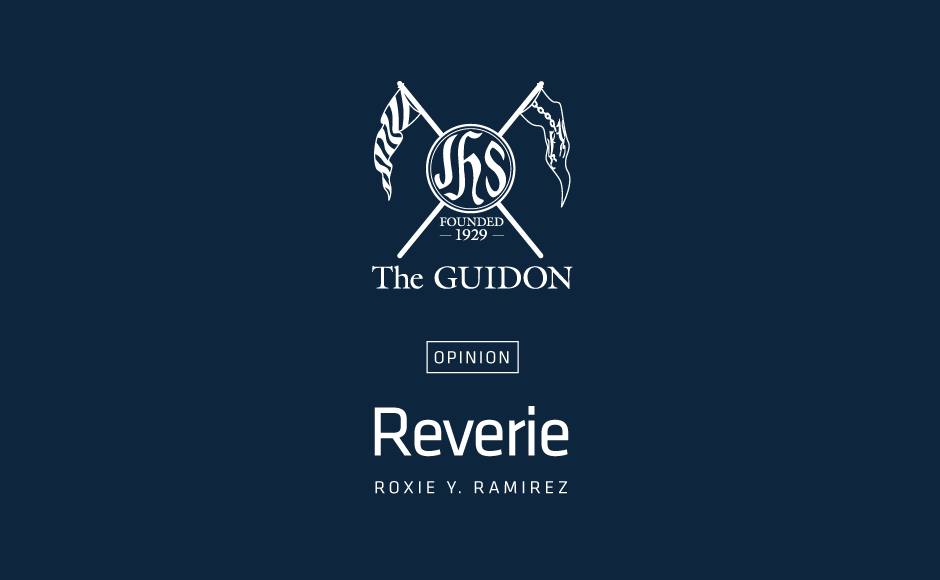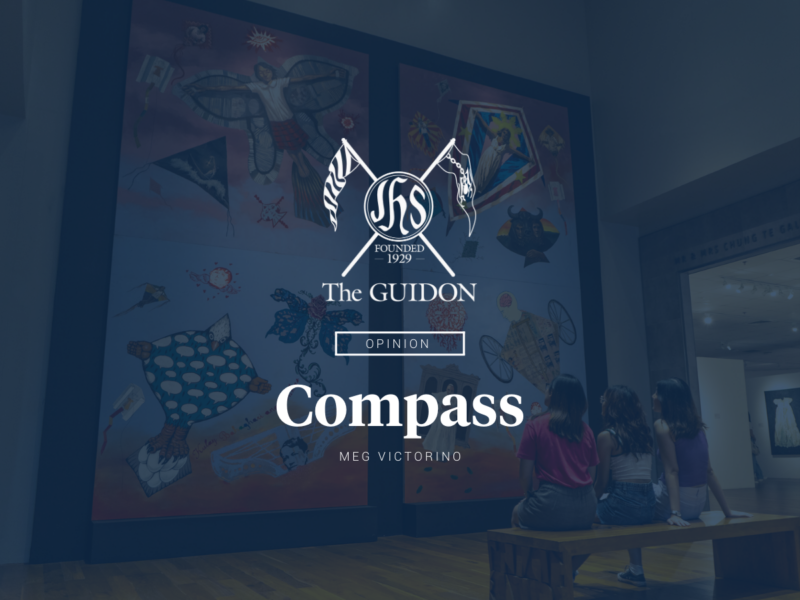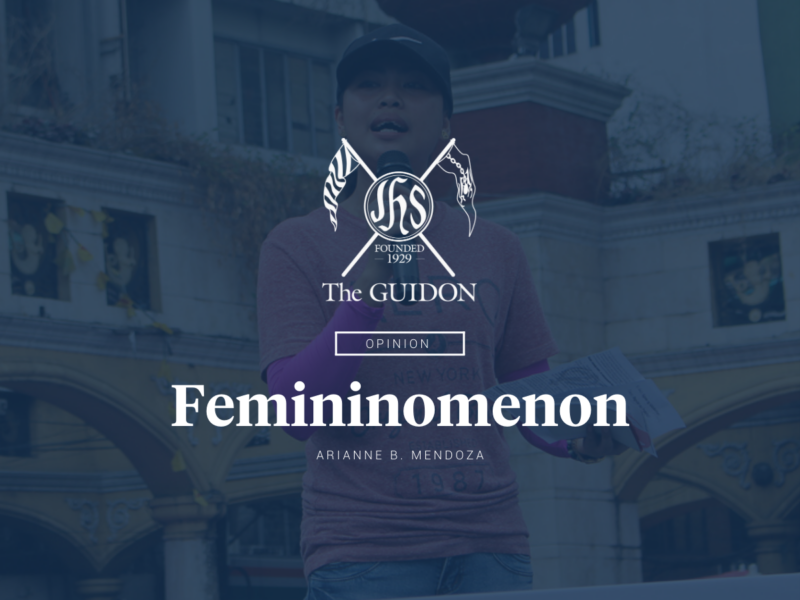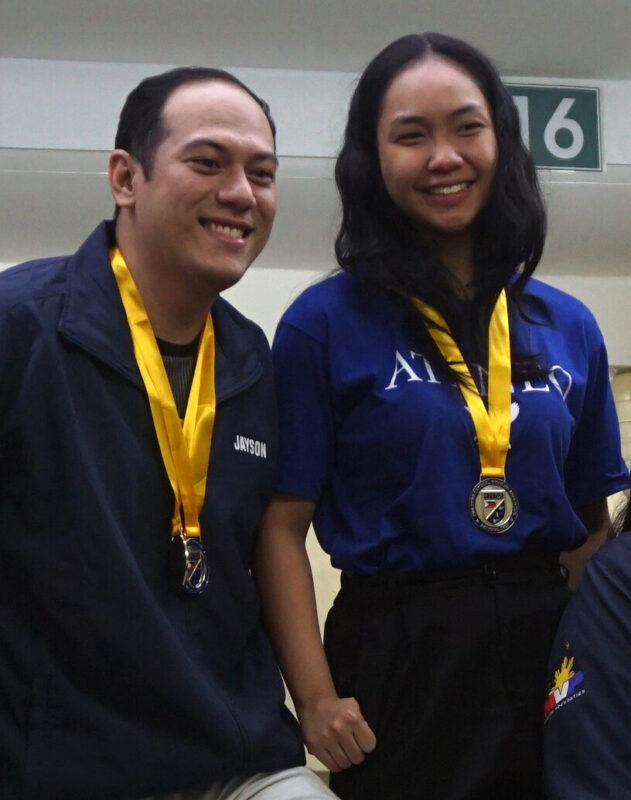Even before this so-called “backlash” regarding singer Taylor Swift broke out, I have to admit that I was not her biggest fan. Sure, I found 1989 to be a pretty great pop album, and I am more than ready to admit that I blast “Love Story” all the time during my drives home, but I found Swift’s whole persona to be a bit problematic.
This feeling was only cemented further when Swift responded to rapper Nicki Minaj’s tweet about being snubbed at the MTV Music Video Awards. Even though Minaj’s point was about how black women contribute so much to pop culture but are rarely awarded for it, Swift managed to somehow make it about her. It’s just a bit disappointing how someone who considers herself to be feminist is so ignorant about issues affecting women of color, transgendered women, and gay women.
But this isn’t a piece that’s going to attack Swift or defend Minaj. There are plenty of articles like that online already. But consider this column to be an open letter to Swift, and to anyone else that may just be starting on his or her feminist journey.
Much like Swift, I never really considered myself as a feminist at first. I always thought that it meant hating men and burning bras. In my pre-feminist days, I proudly said the dreaded phrase that all feminists hate: “I believe in the equality of the sexes, but I don’t see myself as a feminist.”
But like Swift again, I learned more about this movement. While for Swift, it may have been because of her friends, for me, it was my third year high school English class. We learned about feminist theory, the patriarchy, and why we shouldn’t be afraid to say the proper names for genitals aloud. That class opened my eyes and made me proudly wear the label of feminist.
It took a while before I learned about the concept of intersectionality, though. While I wore the label with great pride, I was only really advocating for one brand of feminism: The one that benefited me. I think everyone goes through this stage, and it’s pretty clear that Swift is in the middle of hers.
When you embrace the fact that feminism is intersectional, you become aware of all these different issues facing different kinds of women.
Let’s take the example of body shaming. All women, at one point or the other, are criticized for the way their body looks or doesn’t look. But not all women receive the same types of criticism. For black women, it may be the issue that they’re too skinny or that they’re too curvy. For Filipinas, it might be because they’re not light-skinned enough. Sure, white women are subject to beauty standards too, but they’re not necessarily subject to the same ones as women of color are.
So if you happen to find yourself face-to-face with an issue that you don’t really understand, take the time to listen to those who understand it. Women come from all kinds of backgrounds, whether it’s race, religion, sexual orientation, or class. It’s not about who has it worse, but rather about being open and understanding. It means including everyone in the conversation, whether or not you’ve had similar experiences firsthand.
To be a feminist means to be an ally for all women, regardless of whether or not the issues they face affect you directly.







